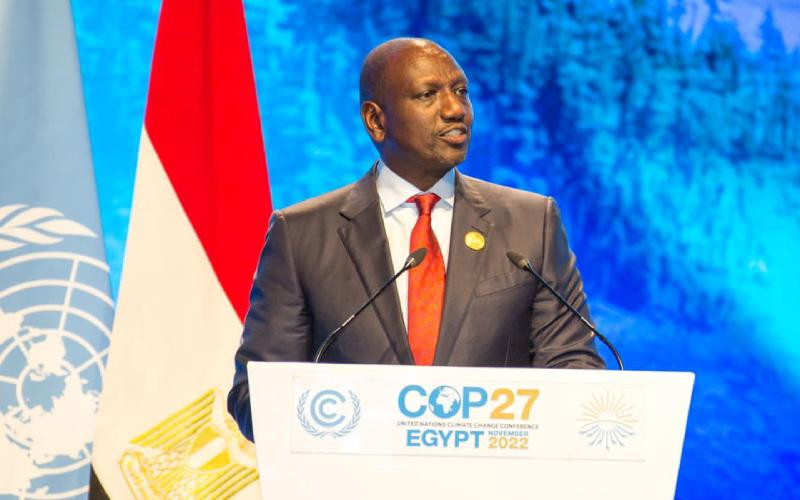×
The Standard e-Paper
Fearless, Trusted News

Let me begin by commending the various organisations, philanthropies, and private sector entities involved in the visionary efforts to establish and the progressive endeavor in launching the African Carbon Markets Initiative.
I take this opportunity to express Kenya's strong interest in a strong partnership with the initiative, motivated by its desire to unleash the full potential of carbon markets as a means of supporting climate action, both in Kenya and across the entire African continent.